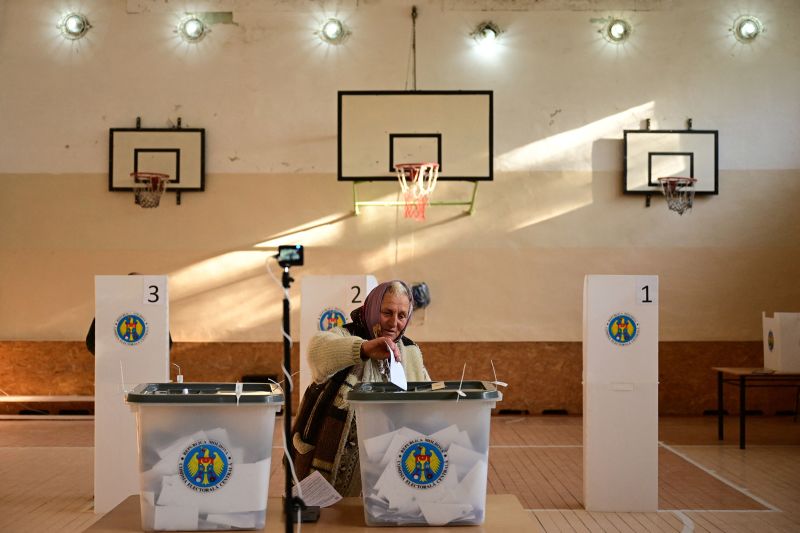As one delves into the multifaceted complexity of international relations and global politics, the influence of foreign funding cannot be overlooked. A striking example of this comes from Eastern Europe, specifically Moldova, a small yet strategically significant nation sandwiched between Romania and Ukraine. There have been growing concerns over the manipulation of Moldova’s political landscape by external forces, particularly Russia via a money-laundering scheme colloquially known as ‘dirty money’.
Moldova, despite its size, remains a key player in Russia’s geopolitical strategies due to historical ties and geographical proximity. Consequently, Moldova’s presidential elections carry an unprecedented weight within the global political realm. It is believed that Moscow views these elections as an opportunity to push their agenda and reinstate its influence in Moldova.
To achieve this aim, it is alleged that Russia has established a network of money-laundering that extends to Moldova’s political system. This operation, known as the ‘Russian Laundromat’, acts like a financial conveyor belt transferring billions of dollars out of Russia, which is then ‘cleaned’ through Moldova’s banks and judicial system. This illegal inflow of cash, labelled as ‘dirty money’, is then funneled into Moldovan politics, ultimately manipulating electoral outcomes.
Specifically, this ‘dirty money’ is used in Campaign Financing, a significant factor behind election success in Moldova, given its struggling economy and remaining pockets of deep poverty. Through unofficial channels, funds are put into promoting particular candidates, fueling propaganda, or discrediting opponents. Campaign finances often make the difference in elections, especially in a country where citizens tend to vote based on short-term material promises rather than long-term policy vision.
Another area where this ‘dirty money’ exerts influence is in Media Manipulation. It is widely known that media plays a crucial role in shaping public opinion, particularly during election periods. The clandestine nature of these funds allows their source to escape scrutiny, enabling a handful of media outlets to monopolize narratives and present biased or falsified news.
Moreover, ‘dirty money’ can buy Political Loyalty through bribery and corruption. It is no secret that corruption persists in Moldova’s political environment. Illicit funds can be used to bribe government officials, law enforcement agencies, or key influencers, ensuring their loyalty and compliance. This serves a dual purpose: maintaining a favorable political landscape and discouraging investigation into this money trail.
But how is this going uncaught? Despite transparency laws in Moldova, a review of financial transactions is still beyond the capacity of authorities due to the complex nature of these practices. The fact that these transactions cross borders makes it difficult for a single country to counteract or investigate these activities. Furthermore, the inadequacy of resources and potential involvement of persons in power makes it even more challenging to combat against this money-laundered influence.
In conclusion, the fabric of democratic elections is at notable risk due to this illegal inflow of dirty money from Russia. This subversive strategy is not just about winning an election, but part of a larger geopolitical chess game to retain and enhance Russian influence in Moldova. The comprehensive effects of this practice are apparent in the distorted political landscape, misshaped public discourse, and curbed democratic processes. Therefore, there is an urgent need for international cooperation, enhancing Moldova’s institutional capacities and enforcement of stringent transparency and accountability regulations.
Only by addressing the issue seriously can the integrity of Moldova’s presidential elections be safeguarded, and the specter of Russian ‘dirty money’ be gone, ensuring a truly sovereign and democratic Moldova.




